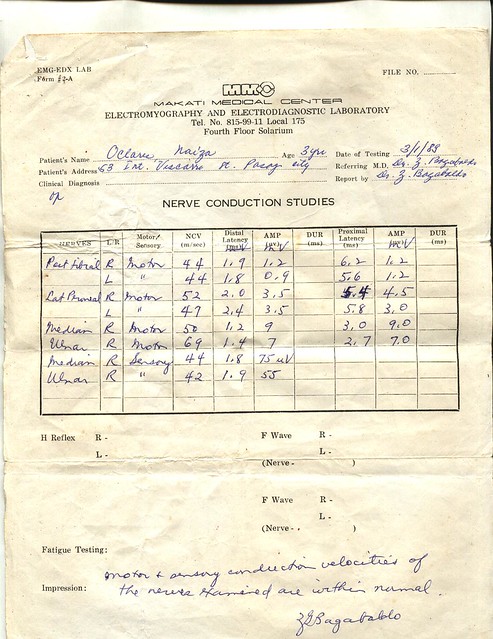The full form of HIPAA is Health Insurance Portability and Accountability Act. This act was passed in the year 1996. The reason of this act was to develop a set of regulations or security rules in order to protect the privacy of health information. Accordingly, the Health and Human Services department of the United States published a set of Security Rules complying with which leads to the HIPAA email. The healthcare sectors routinely conduct business transactions via the electronic modes. Emails are the standard form of interaction in the world of healthcare and they serve a number of purposes. Be it interacting with patients, transcribing medical records, scheduling appointments, patient referrals or even authorizations for medical services – it is all done by emails. This is why the need for ensuring the security was felt, which made way for the HIPAA email compliance.
What comes under HIPAA security compliance?
HIPAA email is simply a form of securing all the information transactions done by healthcare facilities. Every business entity that is covered by the HIPAA has to comply by these security rules. It must be noted that these compliances are applicable only on the health information that has been electronically protected. It is not meant for the hard copies of such information. The security compliances are divided into three main categories. These categories are technical safeguards, administrative safeguards and physical safeguards. Each of this takes care of one aspect of the complete security of health information. For instance, under technical safeguards, the points included are security of transmission, proper authentication of the person or entity, audit controls, access controls etc. These form the primary basis of the entire security compliance method.
Does the HIPAA security rule prohibit information?
The HIPAA email important resource security compliance may confuse many into thinking that probably they are not allowed to email patients or other professionals. This is not true. The HIPAA security is less about prohibiting communication and more about protecting communication. As long as the emails sent with the health information are well protected, one is perfectly allowed to communicate via emails with patients or other medical professionals.
The kinds of information kept secure by HIPAA security compliance
When it comes to electronic protected health information, there are various kinds that are to be protected under the HIPAA security rules. Data in any healthcare entity is usually in one of the four stages. The data might be in motion, which means it is being sent or received via email over the internet. The data could be in stored state in various servers, databases or even flash drives. The data could be in present use, which is its being created, or updated or retrieved from other sources. And lastly, the data might be a discarded one. In all these cases, it is very important to maintain the security of the data so that it does not fall into the wrong hands. For this very reason, usage of HIPAA mail security rule has been made mandatory throughout the health sector.


